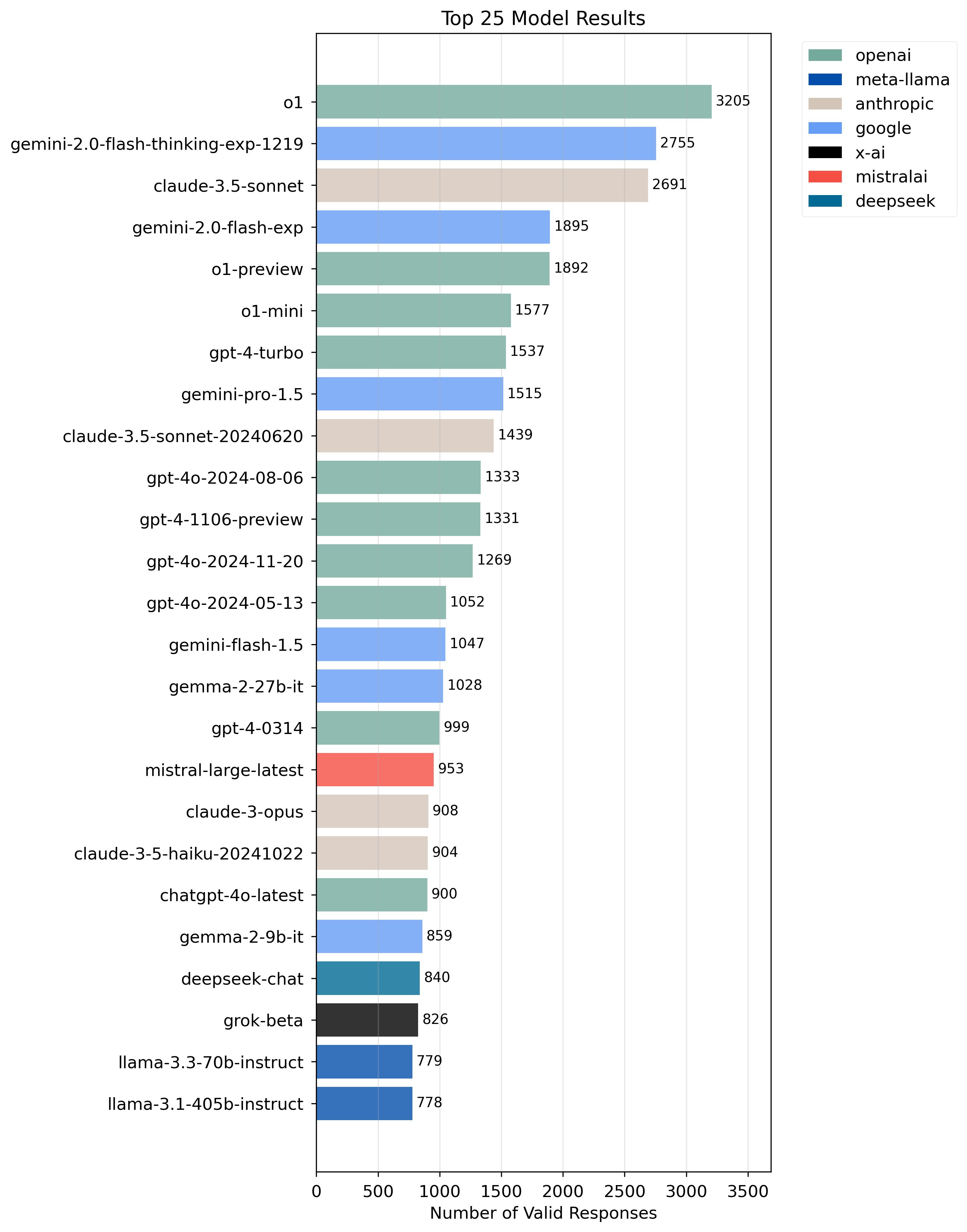
Richard Whittle receives financing from the ESRC, Research England and was the recipient of a CAPE Fellowship.
Stuart Mills does not work for, speak with, own shares in or get funding from any company or organisation that would take advantage of this article, and has actually disclosed no relevant affiliations beyond their academic appointment.
Partners

University of Salford and University of Leeds supply funding as establishing partners of The Conversation UK.

View all partners
Before January 27 2025, it's reasonable to state that Chinese tech company DeepSeek was flying under the radar. And then it came dramatically into view.
Suddenly, everyone was discussing it - not least the investors and executives at US tech firms like Nvidia, Microsoft and Google, which all saw their company values tumble thanks to the success of this AI startup research study laboratory.
Founded by an effective Chinese hedge fund supervisor, the lab has taken a different method to expert system. One of the significant distinctions is expense.
The development expenses for Open AI's ChatGPT-4 were stated to be in excess of US$ 100 million (₤ 81 million). DeepSeek's R1 design - which is used to produce content, solve logic issues and produce computer system code - was reportedly used much fewer, less powerful computer chips than the likes of GPT-4, resulting in expenses claimed (however unproven) to be as low as US$ 6 million.
This has both monetary and geopolitical results. China is subject to US sanctions on importing the most innovative computer system chips. But the fact that a Chinese start-up has actually been able to build such an innovative model raises questions about the efficiency of these sanctions, and whether Chinese innovators can work around them.
The timing of DeepSeek's new release on January 20, as Donald Trump was being sworn in as president, signalled a challenge to US dominance in AI. Trump reacted by describing the moment as a "wake-up call".
From a monetary viewpoint, the most noticeable impact may be on consumers. Unlike competitors such as OpenAI, which recently began charging US$ 200 monthly for access to their premium models, DeepSeek's equivalent tools are currently complimentary. They are also "open source", enabling anyone to poke around in the code and reconfigure things as they want.
Low costs of development and efficient use of hardware seem to have managed DeepSeek this cost advantage, and have actually currently required some Chinese competitors to lower their prices. Consumers ought to expect lower costs from other AI services too.
Artificial financial investment
Longer term - which, in the AI market, can still be incredibly quickly - the success of DeepSeek might have a big influence on AI financial investment.
This is due to the fact that so far, nearly all of the big AI business - OpenAI, Meta, Google - have been having a hard time to commercialise their designs and be profitable.
Previously, this was not necessarily an issue. Companies like Twitter and Uber went years without making revenues, prioritising a commanding market share (lots of users) instead.
And companies like OpenAI have been doing the same. In exchange for constant investment from hedge funds and wiki.armello.com other organisations, they assure to construct a lot more effective models.
These models, akropolistravel.com business pitch most likely goes, will enormously improve productivity and after that profitability for services, forum.pinoo.com.tr which will end up pleased to spend for AI items. In the mean time, all the tech business need to do is collect more data, purchase more powerful chips (and more of them), and establish their designs for longer.
But this costs a great deal of cash.
Nvidia's Blackwell chip - the world's most powerful AI chip to date - expenses around US$ 40,000 per system, visualchemy.gallery and AI companies often need tens of countless them. But up to now, AI business haven't truly struggled to draw in the needed financial investment, even if the amounts are substantial.

DeepSeek might change all this.
By demonstrating that developments with existing (and perhaps less innovative) hardware can achieve comparable efficiency, it has actually given a caution that tossing cash at AI is not ensured to settle.
For example, prior to January 20, it might have been presumed that the most innovative AI models need huge data centres and other facilities. This indicated the likes of Google, Microsoft and OpenAI would face limited competitors since of the high barriers (the huge expense) to enter this industry.
Money worries
But if those barriers to entry are much lower than everybody thinks - as DeepSeek's success recommends - then numerous huge AI financial investments suddenly look a lot riskier. Hence the abrupt impact on huge tech share costs.
Shares in chipmaker Nvidia fell by around 17% and ASML, which develops the devices required to make sophisticated chips, likewise saw its share cost fall. (While there has actually been a slight bounceback in Nvidia's stock cost, it appears to have actually settled listed below its previous highs, utahsyardsale.com showing a new market truth.)
Nvidia and ASML are "pick-and-shovel" business that make the tools required to create a product, oke.zone instead of the item itself. (The term comes from the concept that in a goldrush, the only individual ensured to make cash is the one offering the choices and shovels.)

The "shovels" they offer are chips and chip-making devices. The fall in their share prices originated from the sense that if DeepSeek's much cheaper technique works, the billions of dollars of future sales that financiers have priced into these business may not materialise.

For the likes of Microsoft, smfsimple.com Google and Meta (OpenAI is not publicly traded), the cost of building advanced AI may now have actually fallen, suggesting these firms will have to invest less to stay competitive. That, for them, might be a good idea.
But there is now question regarding whether these companies can effectively monetise their AI programs.

US stocks make up a traditionally large percentage of worldwide investment right now, and technology companies comprise a traditionally big portion of the worth of the US stock market. Losses in this market may require financiers to sell off other financial investments to cover their losses in tech, resulting in a whole-market recession.
And it shouldn't have actually come as a surprise. In 2023, a leaked Google memo alerted that the AI market was exposed to outsider disturbance. The memo argued that AI companies "had no moat" - no defense - against rival models. DeepSeek's success may be the proof that this holds true.







